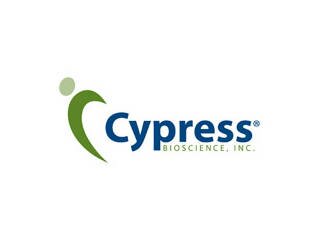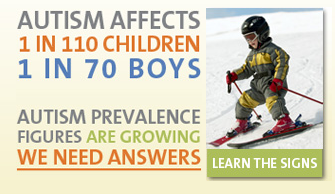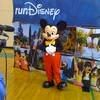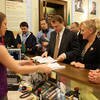Bothell's Marina Biotech has sold the patent rights and technology it holds for the intranasal formulation of synthetic oxytocin analogue Carbetocin to Cypress Bioscience, reports the Puget Sound Business Journal.
Marina Biotech is now focusing on RNA interference technology, to control disease-causing protein expression; Carbetocin is arguably a better fit for Cypress, who work on the development of drugs that affect the central nervous system, and have a good record of bringing them to market speedily.
 Cypress is making an upfront payment of $750,000, with up to $27 million more tied to stages of successful drug development, with "single-digit royalties [going] to Marina Biotech based on commercial sales, if any," summarizes the news release.
Cypress is making an upfront payment of $750,000, with up to $27 million more tied to stages of successful drug development, with "single-digit royalties [going] to Marina Biotech based on commercial sales, if any," summarizes the news release.
What makes Carbetocin worth all this is a) Marina Biotech's intranasal delivery system, which has completed Phase I study, and b) the longer serum half-life of Carbetocin compared to oxytocin (it persists in the blood stream longer). There is also a c) which is potential upside to an oxytocin-based therapy for autism.
While the miracle-cure effects of oxytocin were trumpeted in the press earlier this year (ScienceDaily, Newsweek), like the early notion of the "serotonin deficit" accounting for depression, a simple "oxytocin deficit" hypothesis hasn't been borne out by studies [Modahl, et al, pdf]. (As a spectrum disorder, autism wouldn't necessarily be expected to have a single cause.) Recent studies have shown and not shown a link between the oxytocin receptor gene and autism.
Still, evidence is mounting that oxytocin has therapeutic effects: reducing social anxiety, promoting attention to faces, encouraging imitative behavior, inhibiting repetitive behaviors, helping strengthen emotional memory. Given that in one study, the researchers had to account for the effects of clonidine, Depakote, Tegretol, Dilantin, Ritalin, lithium, and Haldol on their study subjects' oxytocin levels, a therapeutic drug that's an analogue for a naturally occurring hormone is a bright moment in autism treatment, all by itself....
 From the Autism Speaks website
From the Autism Speaks website
Sallie Tisdale has an article in Harper's (subscribers only) this month about her autistic daughter. There's an element of forestalled explanation to it; yes, she said "daughter."
My daughter, Annie, still lives with us. She is twenty-six now and at the moment is sitting on the porch, looking out at the street. Soon she will come in and pace for a while, her head down. Later she will read the first few pages of a book—the same book, the same pages, that she read last week and the week before, and will read again tomorrow.
"Autistic son" delivers 175,000 results on Google. "Autistic daughter," just 31,000. People are not sure why more boys than girls are found to have autism. Epidemiologically, the ratio is supposed to be about 3.6 boys to one girl.
It's known that girls can learn to mask some of the effects of autism more easily than boys, so it's possible that they are under-diagnosed in general. Studies show that hallmarks like "language deficits, tantrums, and aggression are all less common in girls than boys in the general population." A British researcher raises the specter of a shadow population of "shy" girls who like to keep lists and count calories (even to anorexia).
Tisdale's story is a primer on autism's variability, and its effects on everyone who struggles with it, including caregivers. Tisdale recounts the lifelong challenge of it: the official optimism with which her daughter was handed off as she finished school, the time her daughter started hallucinating and had to be given antipsychotic medication. Writes Tisdale:
Long-term studies of people with autism are not reassuring. Autistic adults generally read poorly, have few math skills. Very few go to college, are employed, or lead independent lives. The majority say they have no friends....
(more)




Most Recent Comments